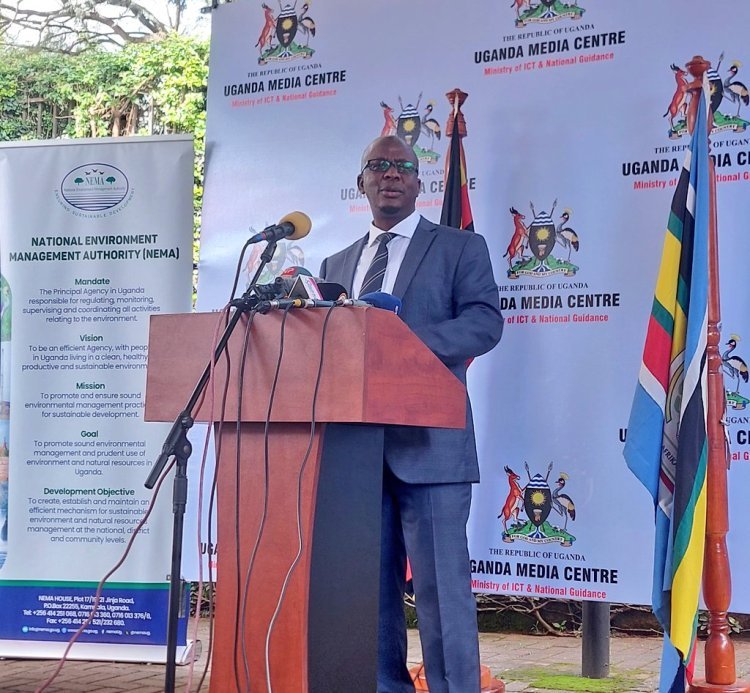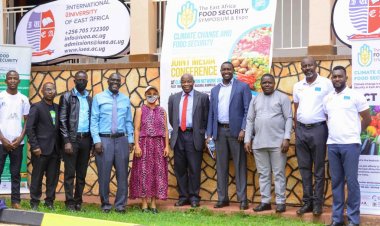Uganda to Observe Air Quality Week: A Call to Action Against Escalating Pollution

Uganda is set to observe Air Quality Awareness Week from May 6th to May 10th, 2024, under the theme “Knowing your air to Protect Human Health and the Environment”. This initiative aims to shed light on the critical link between air quality, human health, and environmental sustainability, urging collective efforts to address the escalating issue of air pollution.
Air pollution, particularly fine particulate matter (PM2.5) and tropospheric ozone, poses a significant threat to human health, with alarming statistics revealing its association with 6.7 million premature deaths annually worldwide. Despite these staggering figures, air pollution often receives minimal attention and investment compared to other global health crises.
In Uganda, compromised air quality contributes to a substantial disease burden, with approximately 31,600 deaths attributed to air pollution-related illnesses annually, particularly in urban areas. Studies conducted in Kampala City identified transportation as the primary culprit of air pollution, followed by domestic and biomass burning, industrial emissions, and dust from unpaved roads.
Worryingly, air quality monitoring data indicate a concerning trend of increasing air pollution levels, surpassing the World Health Organization's recommended guidelines by eightfold.
According to World Health Organization data, Air pollution is associated with 6.7 million premature deaths annually. Annual malaria death stands at
608,000 people (2022), HIV annual death is 630,000 (2022), road accidents account for 1.19Mn deaths (2022), annual battle related deaths accounts for 526,000 deaths (2022). Covid 19 killed 6.9 Million people and the global attention completely shifted from economics and politics to Covid 19.
To combat this pressing issue, the Government of Uganda has outlined a comprehensive strategy, including:
- Establishment of National Standards and Regulations for Air Quality to be unveiled during the awareness week.
- Intensified tree planting efforts, resulting in an improved national forest cover from 9.5% to 13.3%.
- Mandating industries to install pollution control devices and automated air quality monitors, with penalties for non-compliance.
- Implementation of proper waste management practices and tarmacking of roads to reduce particulate matter emissions.
- Regulation of vehicular pollution through engine restrictions and promoting cleaner energy alternatives for households.
- Continuous investment in research and development of renewable energies and cleaner production technologies.
Barirega Akankwasah, Executive Director, National Environment Management Authority (NEMA), urges all stakeholders, including citizens, government agencies, the private sector, and civil society, to actively participate in implementing these interventions to effectively combat air pollution in Uganda.

































